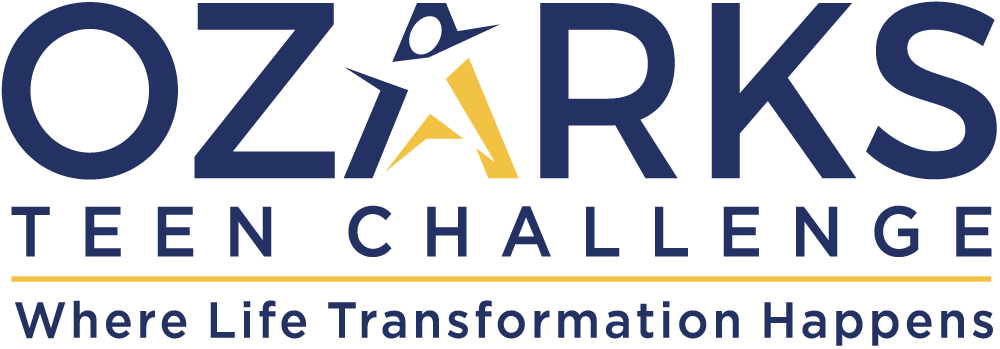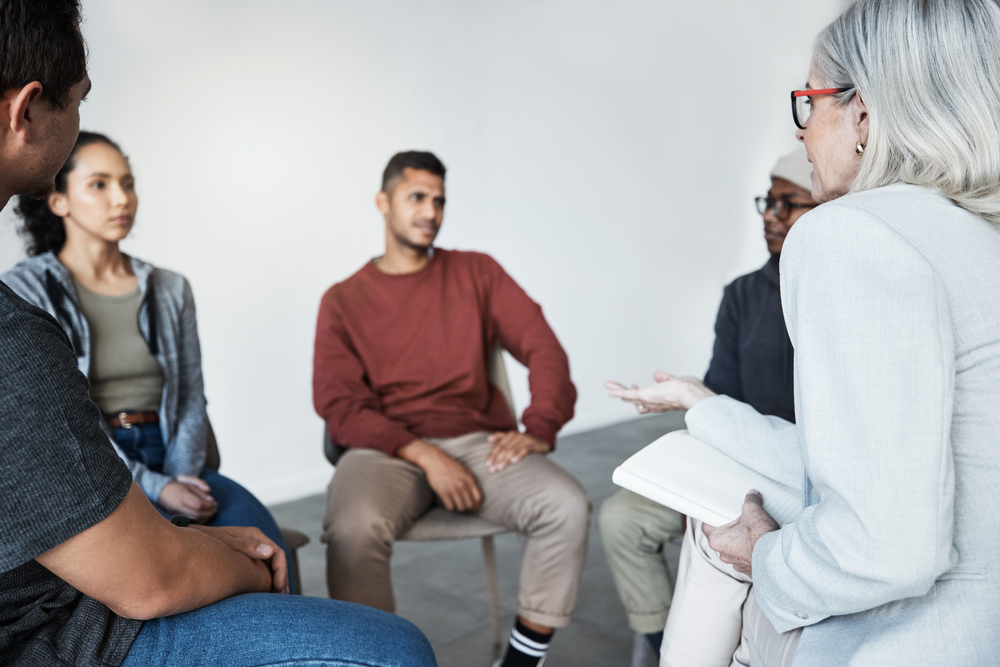Wilderness therapy is an integral part of the rehabilitation for at-risk youth that suffer from a variety of emotional and behavioral issues. Adolescence can be a very confusing time; and as the transition from childhood to adulthood progresses, so does the search for their identity. They seek to strengthen their own family, school, and peer roles, all while living in a time with countless distractions. Without a strong identity, habits, or support group, many are left vulnerable. It doesn’t take much to get lost in the chaos, making it harder to hear that inner voice. Wilderness therapy offers a break from traditional therapy methods by utilizing a natural environment, one that contrasts from our everyday life. It is a means to reconnect, self-discover, cope, and find direction amidst the challenges of life.
What are the Benefits?
A Fresh Start
At-risk youth benefit from wilderness therapy for several reasons, but a primary principle exists: Creating a new positive identity and habits is much easier in an environment without the negative influences and triggers of the previous. Trying to change in the same environment that cultivated their current circumstance creates an inherent mental discomfort or dissonance. Teens are especially conscious of how their actions are perceived by their peers. A new, welcoming environment is one that alleviates the impulse of caring how others perceive your new actions in contrast with your old ones. Without those negative triggers and pressures, they are not only free to heal and grow but they are encouraged, with a compassionate and supportive group to lead the way.
Self-responsibility Through Engagement
Students will be challenged physically and mentally. In this process, they will discover new personal limits, and ultimately, they will choose whether to push these boundaries. However, with each accomplishment, students begin to feel more capable and in control of their rehabilitation process. Addiction is reliance and a lack of responsibility. The more capable and confident a student feels, the more self-responsible they become. They begin to understand that the quality of their life is directly related to the amount of effort they put into it.
Self-discovery
The journey of self-discovery can be a beautiful one and there is no better place to start than the great outdoors. It is as unpredictable as life, but without the fragmentation from our material world, enabling us to feel connected to our creator. Outside, the boys will feel connected, but will also witness the interconnection of the land, trees, animals, and all that this world is while camping or taking long hikes. During these experiences, they will become more self-aware as they have time to reflect on issues they might’ve had trouble facing in the past. As they become more mindful, they will begin to understand the emotion behind each action that leads them there.
They will either learn a new skill or refine an existing one, but the boys will most certainly begin to develop a more positive self-image. While playing a new sport, they might find undiscovered strengths or a new passion. Participating in our half marathon could mean discovering they were more powerful than they ever imagined. Past experiences and habits fade as their appreciation for rich life experiences progress.
Interpersonal Growth and Feedback
While introspection is important to recovery, there is such a thing as too much. Our mission trips allow our students to expand their thinking. We recognize that addiction is a selfish habit that works to manipulate others to get a fix. A huge part of freedom from addiction is learning to give, serve, and to help others without expecting to receive anything in return. Practicing the same selfless, servant leadership we see from Christ through Scripture. Through these trips, they will learn to see the needs around them, and to become someone who is willing and able to help.
To effectively help others, students must learn how to effectively cultivate, communicate, and maintain relationships. Wilderness therapy is built around respect and compassion. Students will practice this by sharpening their interpersonal skills through team building activities and ropes courses. They will learn to support one another, problem solve, and communicate in times of physical exertion, time constraints, and the unpredictability of nature. A key benefit of group work and collaboration exercises is feedback. Feedback is both direct and indirect, both verbal and non verbal. For example, if one becomes hostile with his peer without good reason, he might start to find himself isolated from that peer and others in the group. Passivity is feedback even if it is not direct. It is our job to make sure he understands why the group might be evasive, why he acted the way he did, and how others might interpret those actions without effective communication. The boys will be able see firsthand whether their method of communication was effective, ineffective, or destructive to the group.
Adaptation and Coping Methodology
Even with time to reflect, it’s not always easy to understand the emotion and reason for the way we acted. For example, if a student is short-tempered the morning after camping, we might ask if he slept well. If he did not, we might ask why and he might say, “because I ran out of bug spray and my skin is irritated from all of bites”. I might point out that I had spray in my bag and I would have lent it out if he asked. He would learn that he is taking out his frustrations out on the wrong people and asking for help would have solved his issue. With the unexpected hardships of camping or being outdoors, there are chances to discover something about oneself. The mental strengthening from learning basic survivor skills and pushing personal limits better enables one to return to their normal life with a different perspective and handle things that may have been a bigger deal to them before.
In the short-run, these boys will walk away with refined recreational skills and a stronger physique. Being physically strong is not essential to mental health, but physical activity does aid in building confidence and clearing the mind. More importantly, many of these benefits can be applied long after they leave here. They will have found a more positive identity and new experiences to relate to, and their old ways will feel like a distant memory. When the hardships of life inevitably come, they will feel more confident, resourceful and peaceful.




